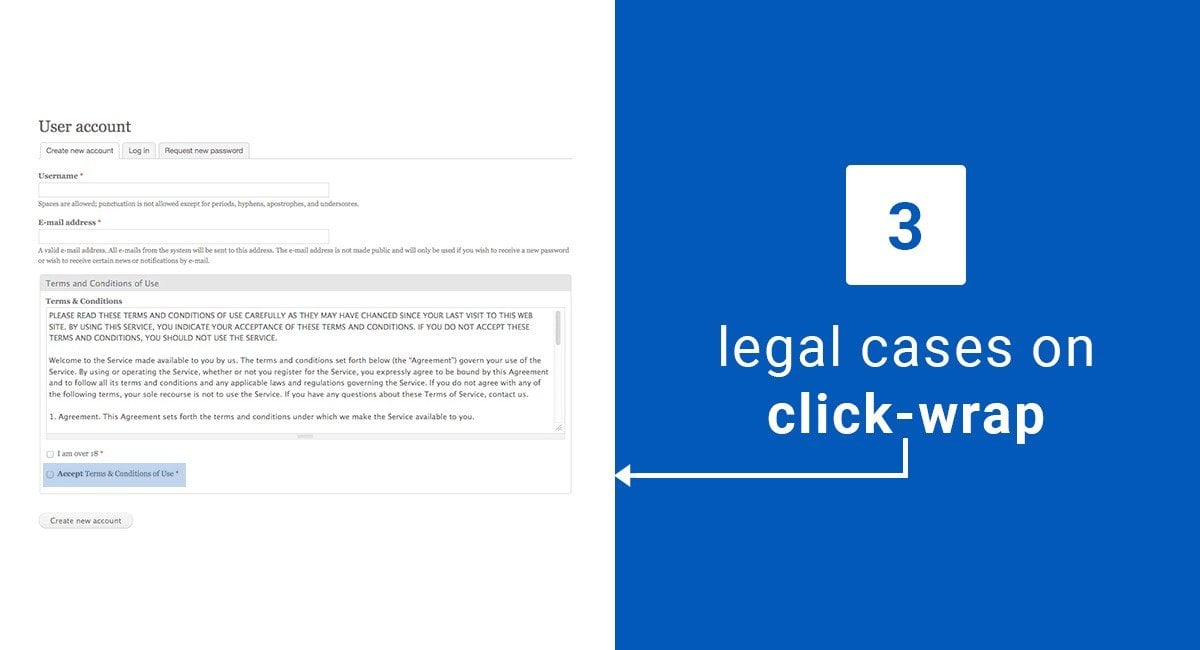Blog - Page 110
Legal articles in easy to understand language.
Privacy guidelines for Apple Watch apps
In the future, wearable technology, such as the Apple Watch, will revolutionize the way we look after ourselves. Originally the head and the wrist were the only parts of the body that could be fitted with tracking functions but now smart wear, such as wearable shirts have been introduced, which...
Privacy laws in Southeast Asia
Southeast Asia is a rapidly changing and growing economic area, and with economic growth comes new pressures and needs for legal guidance. Privacy is becoming increasingly important to consumers, and if you are operating a website or app in Southeast Asia, there are a number of recently introduced pieces of legislation...
Takeaways from Google's Privacy Dashboard
Recently, Google redesigned their My Account page in a way that now conveniently places a user's security and privacy options all in one easily accessible location. This redesign by Google implements some suggestions as given by the "Article 29 Working Party". While no new options were added, these settings are now easier...
3 Key Legal Cases on Clickwrap
Clickwrap is becoming more commonly known as a legally secure and easy way of creating binding agreements with your users online, such as Terms & Conditions, Terms of Service or Terms of Use. There are a number of legal cases that have established the validity of clickwrap methods, however, and they...
Privacy Policy for Google AdSense
If you choose to use AdSense on your website, you need to update your Privacy Policy to meet Google's requirements. This article will break down Google's requirements and show you what practical steps you can take to make sure your Privacy Policy meets them. It will also address the issue of...
Sample Privacy Policy for Google Analytics
If your website or mobile app uses Google Analytics, you definitely need to have a Privacy Policy. This article breaks down this requirement both legally and from Google, and explains how you can comply. We've also put together a Sample Google Analytics Privacy Policy Template that you can use to help...





